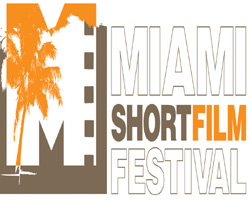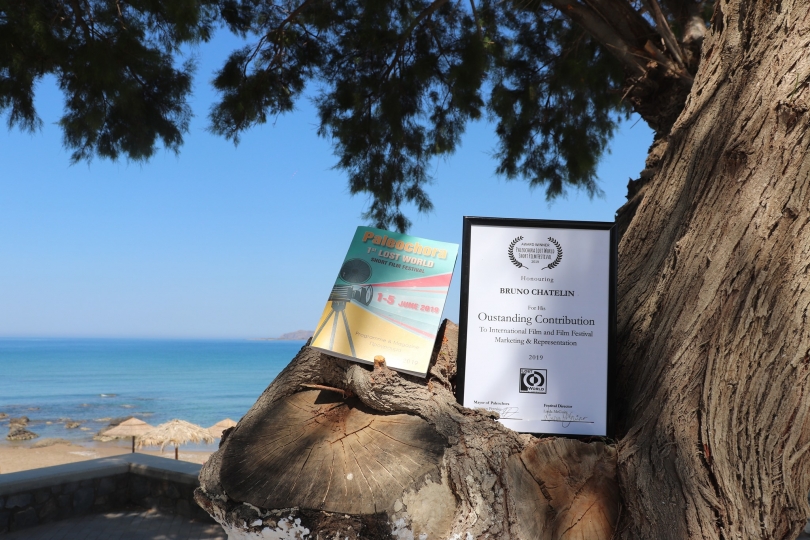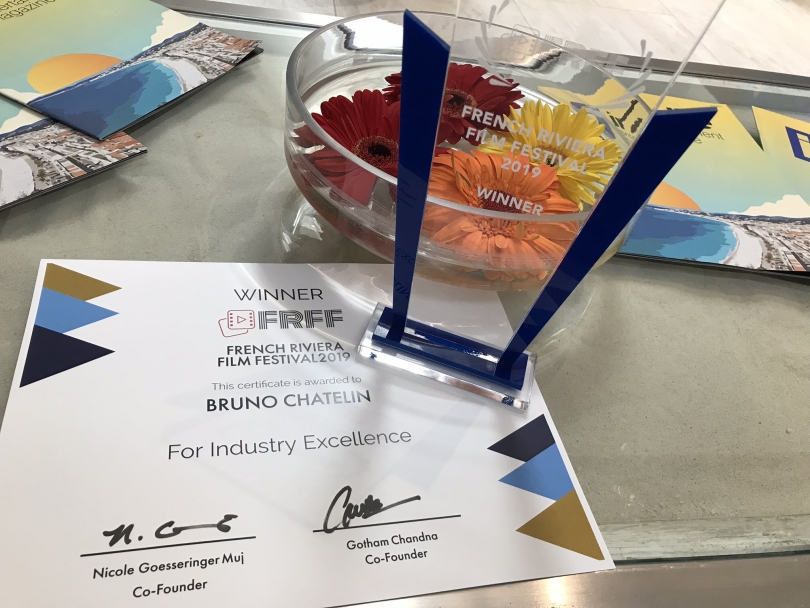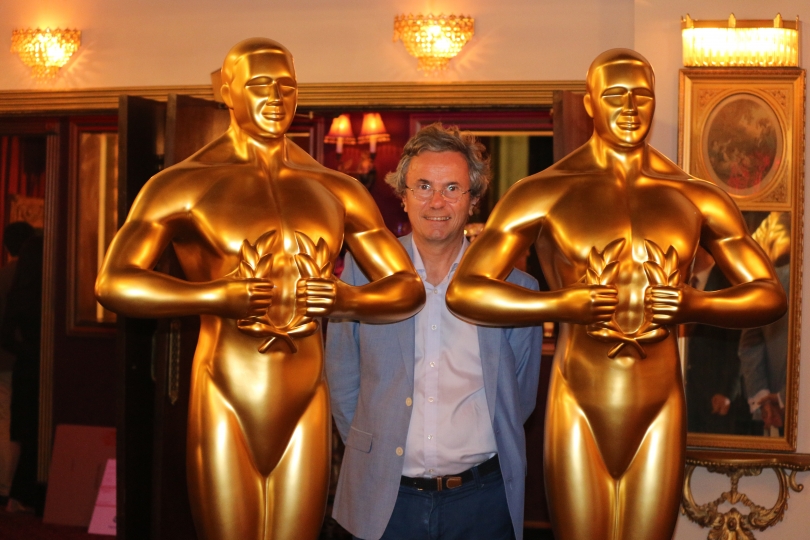|
|
||
|
Pro Tools
FILMFESTIVALS | 24/7 world wide coverageWelcome ! Enjoy the best of both worlds: Film & Festival News, exploring the best of the film festivals community. Launched in 1995, relentlessly connecting films to festivals, documenting and promoting festivals worldwide. Sorry for the interruption, we needed to correct and upgrade some modules. Working on a new website. For collaboration, editorial contributions, or publicity, please send us an email here. You need for put your full detail information if you want to be considered seriously. Thanks for understanding. User login |
Editor
THE NEWSLETTER REACHES 171 000 FILM PROFESSIONALS EACH WEEK (december 2023) .Share your news with us at press@filmfestivals.com to be featured. SUBSCRIBE to the e-newsletter.
MEET YOUR EDITOR Bruno Chatelin - Check some of his interviews. Board Member of many filmfestivals and regular partner of a few key film events such as Cannes Market, AFM, Venice Production Bridge, Tallinn Industry and Festival...Check our recent partners. The news in French I English This content and related intellectual property cannot be reproduced without prior consent.  Unique Iranian Film Week in BudapestIn conjunction with the Iranian embassy the Örökmogó Filmmuseum, which is the outlet for the Hungarian Film Archive and presents a selection of international films all year round, is presenting a ten film survey here of recent Iranian film productions in what amounts to a mini Iranian film festival. The survey includes two slightly older films from the years 1992 and 1999, but the remainder are all films made after the turn of the millenium, primarily those released since 2004. 27.11.2008 | Editor's blog Cat. : Abbas Kiarostami Abbas Kiarostami Alex Deleon Asia Budapest Cinema of Iran Darius Mehrjui Dariush Mehrjui Entertainment Entertainment Iran Iran Iranian embassy Iranian Film Festival Iranian films Iranian New Wave Iranian New Wave Iraq Mohsen Makhmalbaf Mohsen Makhmalbaf Téhéran Ten Women in Iran |
LinksThe Bulletin Board > The Bulletin Board Blog Following News Interview with EFM (Berlin) Director
Interview with IFTA Chairman (AFM)
Interview with Cannes Marche du Film Director
Filmfestivals.com dailies live coverage from > Live from India
Useful links for the indies: > Big files transfer
+ SUBSCRIBE to the weekly Newsletter DealsUser imagesAbout Editor Chatelin Bruno Chatelin Bruno (Filmfestivals.com) The Editor's blog Be sure to update your festival listing and feed your profile to enjoy the promotion to our network and audience of 350.000. View my profile Send me a message The EditorUser pollsUser contributions |





























